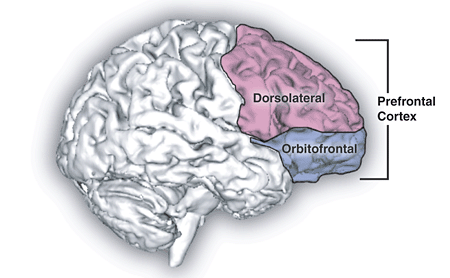Surprising Facts About How Music Affects Your Brain
The human brain is a marvel of nature, an intricate network of neurons that not only processes the world around us but also dances to the rhythms that permeate our lives. Music, a universal language, has an uncanny ability to evoke emotions, trigger memories, and even alter our physiological states. This article delves into the harmonious mysteries of how our brains interact with music, revealing the surprising ways in which music influences our cognitive and emotional processes. From enhancing memory to sparking creativity, these insights uncover the profound connection between sound and the mind, inviting us to explore the symphony of neural activity that music orchestrates within us.
1. Memory Enhancement: The Mnemonic Power of Melody

Music's ability to enhance memory is one of its most remarkable effects on the brain. Studies have shown that melodies can serve as powerful mnemonic devices, aiding in the retention and recall of information. This is particularly evident in educational settings where music is used to help students memorize complex concepts. The brain's auditory cortex, responsible for processing sound, interacts with the hippocampus, the memory center, to create strong associative links between music and information. This connection explains why a simple tune can transport us back to a specific moment in time, as the melody acts as a trigger for vivid recollections, effectively weaving memories into the fabric of our consciousness.